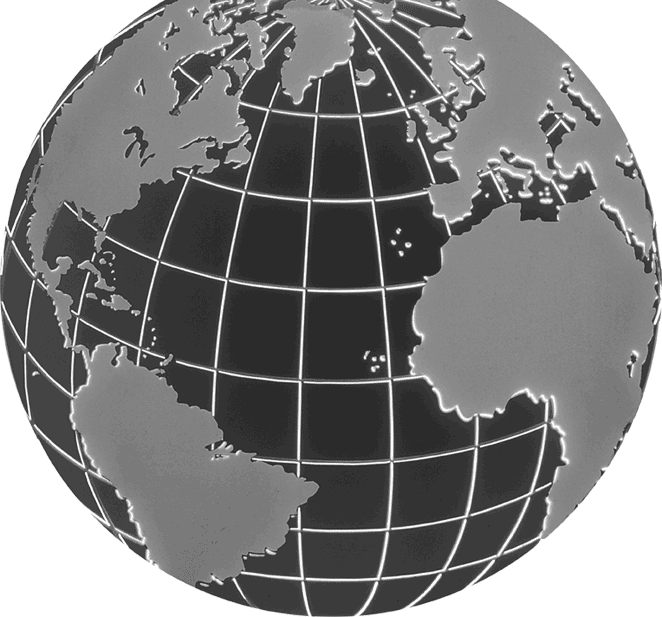Now that I can see again, and read without eye-strain headaches I'm plunging back into reading.

A month ago I had a post about my guy reading a series that I read about 13/14 years ago. And I've currently been reading
Masques by Patricia Briggs. Which is awesome, because I have followed Briggs since her second novel came out. But I never could find the first :P so I was excited about the re-release.
But reading this novel and talking to my guy about his reading material has me thinking about the changes in depictions of society and how that (may) represent a shifting world view.
How so?
The Sword and Sorcery books of the 90's depicted watered-down quests, magical implements, and political intrigue. When characters traveled, they passed through any number of realms with various peoples. Think about Garion, from David Eddings' wonderful High Fantasy series The
Belgariad and the
Mallorean. Or Mercedes Lackey's uber-popular Valdemar books.
Garion starts out a farm boy, is hauled around by his magically gifted family from one country to another. The only time they encounter non-native people in any one realm these people are a) the enemy or b) allies looking for the wayward wizard and his awkward-but-special nephew.
While the Valdemar books carry a little more social complexity (Thalia and the
Queen's Arrows Trilogy) depicts class relations, and a backwoods society that is of Valdemar, but estranged--Thalia still has to shed that connection to become a Herald of Valdemar. Karal, the outsider-who-gets-a-Companion in the
Mage Storm Trilogy, is the closest the series walks toward acknowledging socio-cultural identities unrelated to national ones.
Now, I loved these books, but that quality never felt real. People don't acknowledge borders. I mean, really...there are American military bases everywhere except well, North Korea. So there are Americans working and living abroad. There are Mexican people, and Canadians, with work visas. The United States "owns" Guam and Costa Rica, so people living in those places are technically American and speak English + Spanish (and one of the few different languages spoken in Guam, if I recall correctly).
Nor is this merely because of the world we live in. Look at history.
Rome conquered Europe. The descendants of the kings who payed the Romans tithes and were part of the empire, ended up producing Charlemagne. The Carolingian Renaissance produced the early medieval artistry ...and the Holy Roman Empire. All of Europe was Christiandom, and Rome. There was such a difference of opinion about this that the Roman Pope and Eastern Patriarch ex-communicated each other (thank you Art History!:P ) but this means that all of Europe united under Charlemagne considered themselves Roman. (I have read a lot on this subject, an am forgetting the exact source but I *think* it is from Lyon's "The Origin of the Middle Ages," granted, this book is from Norton's Historical Controversies series)
The Renaissance's universal prestige of all things Greco-Roman conveyed a different perspective on the same inherited Roman-ness. That is to say, all of the European Realms, despite internal feuding, saw themselves as more similar than different. The exotic Africans and Orientals from Turkey--that was different. That was "not Christan." While ideology defined cultural connection, this doesn't mean all of Europe was "the same." Clearly different colloquial languages were spoken, even if the educated and the priests and monks/nuns all spoke Latin. There were different "takes" on art and architecture, on dress, etc. There was variation. Not to mention even smaller ethnic groups: Bretons, Basque, Jews, "gypsies," and so forth. There were Vikings in Ireland. There were the Manx, the Picts, the Scots, the Welsh--and that was on one tiny Island chain, that slowly became modern Brittain, centered in England where the invading-Angles had settled in the early Medieval period.
When the nation state idea emerged post-Renaissance, it was based on a different organizational system. One that failed to account for variety in culture, or our human unwillingness to maintain the imaginary-borders we continually create.
The 1990's saw the nation-state ideology begin to break down in the United States. With the dissolution of the USSR, the US stood as the lone super power. And, our nation, like it always does, responds to the situation--good or bad--by throwing money at it. Back then, we had lots of money.
And that was when the warlords-ethnic and ideological minorities from diverse backgrounds, which we had armed against the USSR in our desperation to stem the Red Tide-turned on us. Stateless peoples.
Movies of the 90's and now still depict "terrorists" as the bad guys. People without borders, who can go anywhere, and often have access to old Soviet tech.

Meanwhile, the American school system also saw an influx of "minorities." So any white girl, like myself, attending an inner city school, was a minority. A real minority. In my 7th grade history and language arts class, I was one of 5 white kids. Here, the teacher spoke of American society and white society as synonymous, but from where I sat I was surrounded by representation of the ethnic communities my great-and-powerful Franco-German-Anglo-Saxon ancestors royally screwed. And in our multicultural classroom, we got to learn about all the amazing African, Asian, American, and Middle Eastern societies...Europe we never got to...
To me going forward, America was a diverse tapestry of subcultures influenced by a breathtaking array of ethnic inheritances. One national identity just didn't make sense.
But I loved my fantasy books. I thought, "That's what it would've been like in the past." But studying history independently, and pursuing anthropology in college taught me that the world was never that simple.
I think the love of vampires, werewolves, fae and the like in modern urban fantasy fill this change in our world view. They are the "others" next door, but also our family, our dearest friends, our enemies and our lovers. The magically diverse world can give us an exaggerated playground for a discussion of modern identity construction and differentiation. We are like these Others and we are not. All at once. The recurring questions in many of these novels (some of which I am greatly enjoying)is whether or not we can live with these recently-outed others.
Can we handle the global society that has led us to find so many friends--even fictitious family--with dramatically different religious/economic/cultural and sexual orientations than our selves?
I like to think so. But whatever the case, I think these are some of the issues reflected in modern literature. Subconsciously, of course :P
What are your thoughts?



















